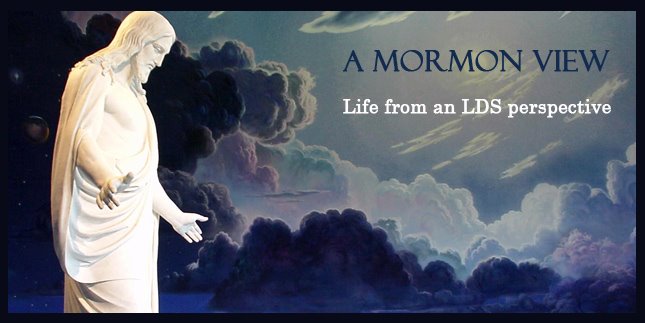Thank you everyone for your comments. My cousin Lori also commented on some of the points that others were wondering about, and she asked if I make a post of it here.
By Lori
Thank you for articulating your thoughts on this matter so well. As you know, in May the California Supreme Court overturned a voter initiative from 2000 which defines marriage between a man and a woman by a vote of 4-3. I recently read part of the Supreme Court’s legal opinion. I really enjoyed an argument made by one of the dissenting justices showing how the majority opinion inappropriately compares this to a civil rights issue and wanted to share it. The justice discusses how granting the right to an education or the right to vote to all races and genders did not change the nature of what means to get an education or vote. Conversely, when two people of the same gender are allowed to marry, it does change the very definition of marriage as understood since the beginning of Statehood.
institution of marriage and at the same time to alter its definition. The majority
maintains that plaintiffs are not attempting to change the existing institution of
marriage. (Maj. opn., ante, at p. 53.) This claim is irreconcilable with the
majority’s declaration that “[f]rom the beginning of California statehood, the legal
institution of civil marriage has been understood to refer to a relationship between
a man and a woman.” (Id. at p. 23, fn. omitted.) The people are entitled to
preserve this traditional understanding in the terminology of the law, recognizing
that same-sex and opposite-sex unions are different. What they are not entitled to
do is treat them differently under the law.
The distinction between substance and nomenclature makes this case
different from other civil rights cases. The definition of the rights to education, to
vote, to pursue an office or occupation, and the other celebrated civil rights
vindicated by the courts, were not altered by extending them to all races and both
genders. The institution of marriage was not fundamentally changed by removing
the racial restrictions that formerly encumbered it. Plaintiffs, however, seek to
change the definition of the marital relationship, as it has consistently been
understood, into something quite new. They could certainly accomplish such a
redefinition through the initiative process. As a voter, I might agree. But that
change is for the people to adopt, not for judges to dictate.”
